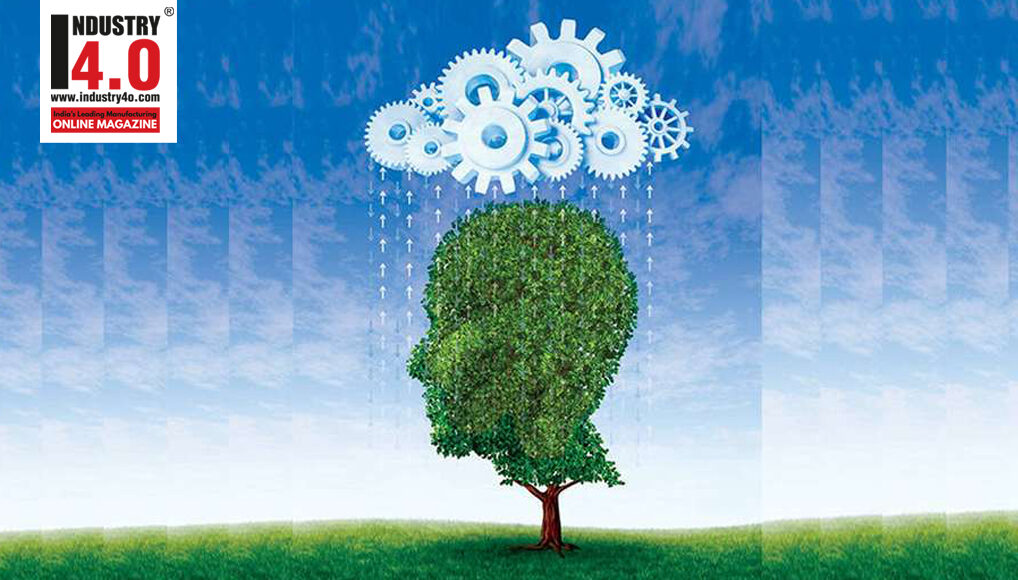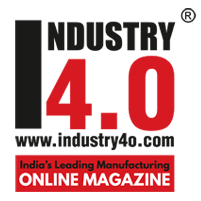Building a sustainable enterprise for the future is the objective of every leading organization today. Industry 4.0 technology capabilities can be a great enabler in this journey. In this article we cover ten building blocks of Sustainable Manufacturing where Industry 4.0 can help.
- Reduce Waste in manufacturing process using Robotic Recycling techniques to ensure journey towards Circular Economy. Robotics Recycling technology integrates advanced waste handling processes, computer vision, deep learning algorithms and robotic technologies to enable safer waste recycling.
- Reduce energy consumption in manufacturing process and factory warehouse operations using IoT and Sensors to reduce carbon footprint as most of the energy is produced in thermal power plants that runs on coal. IoT and Sensors installed in different manufacturing facilities and manufacturing execution systems provide continuous data of operating parameters. Energy meter readings provide visibility of energy consumption of different facilities. Analysis of these data streams helps in setting optimum parameter for running the machine.
- Shift to alternate renewable energy for manufacturing to reduce carbon footprint using simulation of alternate manufacturing process versions.
- Improve Employee Safety with technologies like IoT, Augmented Reality and Virtual Reality to improve health and well being of employees for sustainable employee relationship. AR and VR these days are used for employee safety training by many organizations to create real field like experience of accident-prone zones.
- Reduce noise pollution and energy consumption in manufacturing process with Additive Manufacturing: 3D printing enables sustainable production through recycled materials, end-of-product-life cycle solutions, and helping to realize eco-friendly products.Additive manufacturing processes are much quiet and consumes much lesser energy (either in deposition or fusion of metal or polymer) and hence much sustainable.
- Achieve more with less by improved productivity through reduced downtime of machines using predictive maintenance and predictive analytics: Predictive analytics techniques can predict machine failure before they occur and hence no downtime of machine and improved productivity. This also helps achieving the sustainability objective of more with less by higher productivity of the same machine.
- Shift to alternate transport mode and route to reduce carbon footprint using AI and optimization techniques: Transport is often the biggest contributor of carbon footprint among all logistics operations. Optimization of transport in terms of most sustainable mode, route and shipment frequency can reduce carbon footprint of organization by a significant proportion. Often such initiative also results in cost savings i.e. improved bottom-line for the organization.
- Ensure authenticity of raw material sources using Blockchain technology to ensure sustainable sourcing and genuine products in supply chain: Illicit trade and counterfeit products in supply chain had created issues of transparency as most company’s supply chain are global these days cutting across many organizations and multi-tier supply chain spread across many countries. Technologies like blockchain can ensure sustainable sourcing of products.
- Achieve the objective of circular use of material in manufacturing bill of material of products by using technologies like Product Lifecycle Management and Computer Aided Design – Re-looking at bill of material of products to ensure more circular use, reducing usage of plastic in material and as part of primary and secondary packaging are common concerns across organization where PLM and CAD solutions provide immense help.
- Reduce risk of operations by using advanced analytics for risk management to ensure sustainable sourcing, manufacturing, and logistics – Assessing risk in supply chain and manufacturing operations is a relatively new and popular topic now and had gained significant corporate attention especially after COVID. Advanced analytics is getting used widely for risk assessment, analysis and developing mitigation plan.
Industry 4.0 is getting popular across industries and increasingly getting used for solving many sustainability challenges. Hopefully in the days to come we will see more innovative adoption of this technology for many more possible sustainability use cases.
About the Author

Mr. Rajesh Ray is an Associate Partner & Lead – Digital Supply Chain Practice @ IBM India Pvt. Ltd.,
He is an Engineer + M.B.A. and have 23 Years of consulting and domain experience in supply chain. He had worked in manufacturing and supply chain domain in ITC and Exide Industries. He started his supply chain consulting career with i2 Technologies followed by SAP AG in Germany and for last ten years with IBM. Rajesh is author of three books and 55 articles in different supply chain journals. He is honorary member of CII Logistics and SCOR society.
Mr. Rajesh is an IBM Industry Academy Member, Adjunct Professor of IIT Kharagpur, Principal Digital Supply Chain Architect – PMI, Global Logistics Innovation Lead – Nestle and is a frequent speaker in different supply chain forums.
He can be contacted at Mobile: + 91 98306 78171 / EMail: [email protected]
Also read my earlier articles













